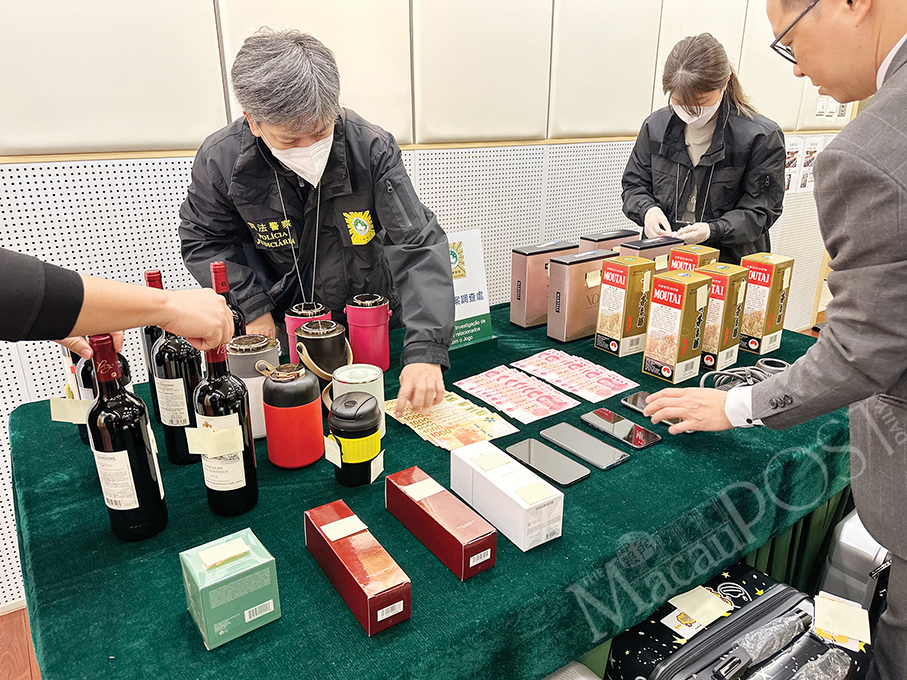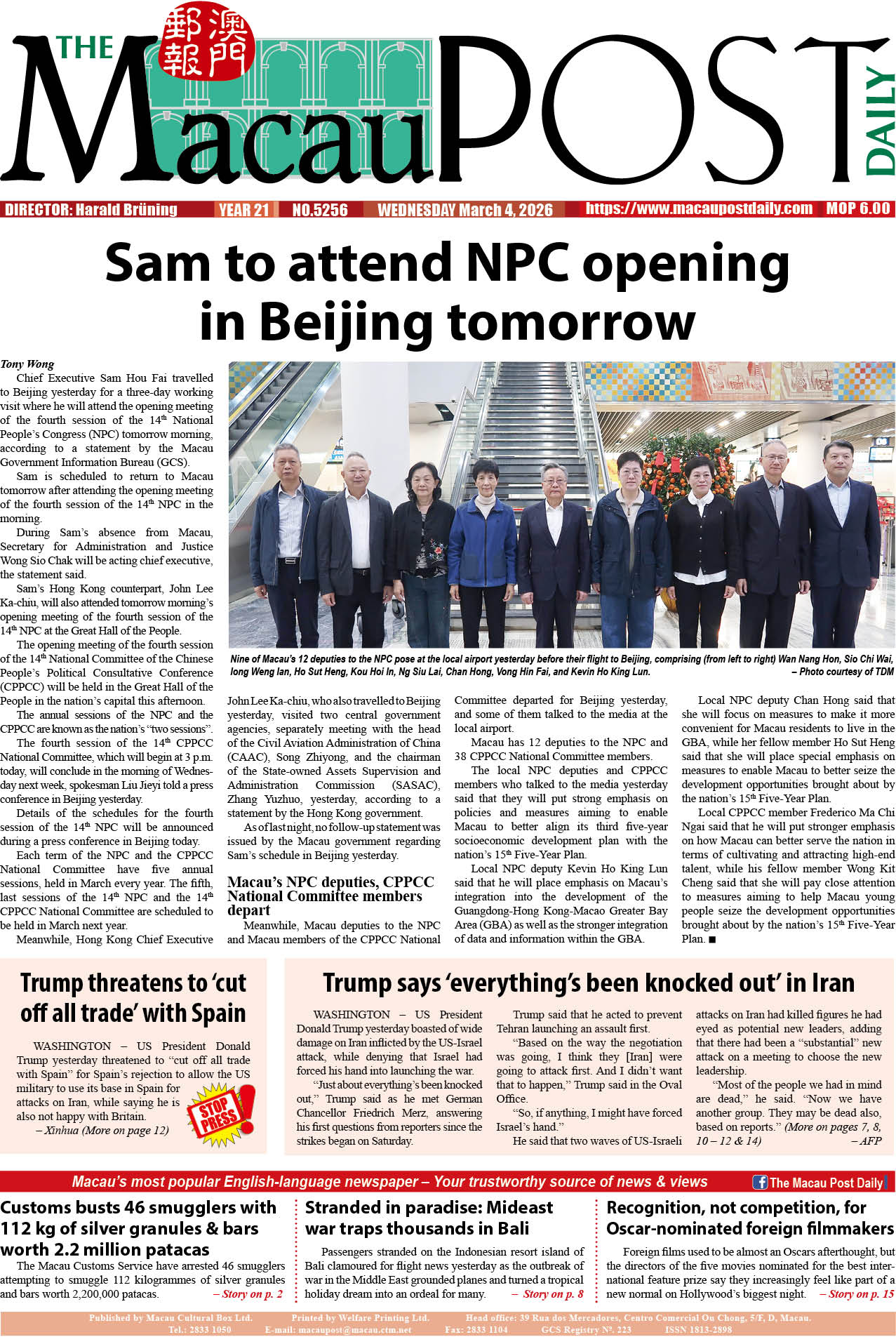Interview
GENEVA –The Belt and Road Initiative (BRI) helps improve local infrastructure, provides essential services in many countries and regions, and contributes to global humanitarian work, the president of the International Committee of the Red Cross (ICRC) has said.
The BRI is a development initiative that is complementary to humanitarian work as it can serve the people affected by conflict in a sustainable manner, ICRC President Mirjana Spoljaric told Xinhua in a recent interview.
As a humanitarian organization, the ICRC wants to make sure the humanitarian interventions are not short-term but will have a sustainable impact.
“We need to assure that the people who work and live in protracted situations of conflict can continue benefiting from essential services such as healthy water and other public goods,” Spoljaric said.
“There is a thin line between development assistance and humanitarian assistance in such situations and this is where we have to work in complementarity with the development actors,” she said.
Climate change has a huge compounding impact on the humanitarian crisis, said Spoljaric, who added that there is a “vicious circle” between poverty, violence and climate change, which are constantly reinforcing each other.
In many places, poverty is reinforced by the absence of rain, she explained, adding that conflict is produced on top of poverty and conflict often happens in communities that depend 80 percent on agriculture.
The ICRC president called on the international community to team up and make efforts to help regions that suffer from lack of water, declining resources and increasing food insecurity, to invest in adequate infrastructure and adaptation measures to mitigate the impact of climate change.
The Geneva-based organization will continue strengthening dialogue and cooperation with China in different aspects, Spoljaric, a Swiss diplomat, said.
– Xinhua, MPD









